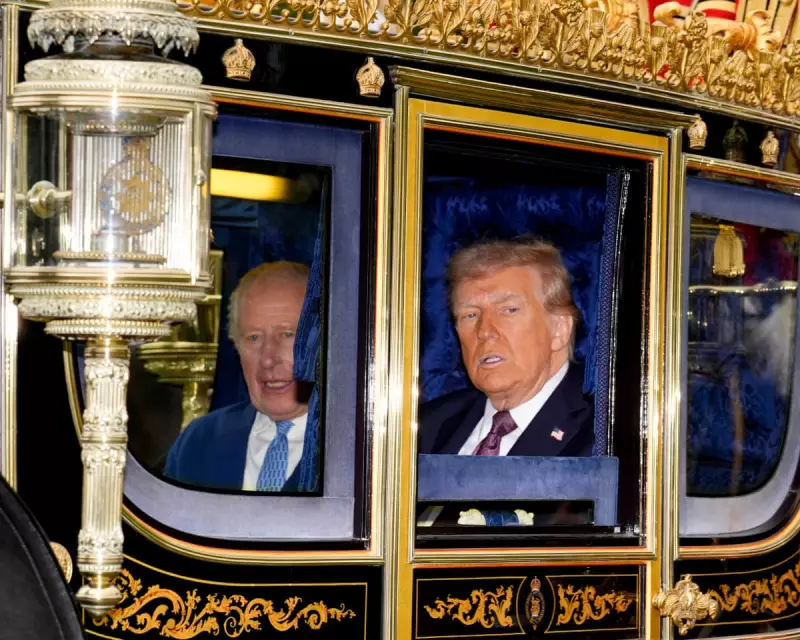
Prime Minister Keir Starmer has robustly defended his government's flagship £150bn investment blueprint, facing down a wave of criticism that coincided with the commencement of Donald Trump's contentious state visit to the UK. The timing has ignited a fierce political row, placing the new Labour administration's economic strategy under an international spotlight.
A Diplomatic Storm Over Investment
The arrival of the former US President has sharply divided opinion across the political spectrum. While the government has officially welcomed the visit, emphasising the importance of the 'special relationship', a chorus of critics has lambasted the decision, questioning its appropriateness.
Starmer, however, remained steadfast, directly linking the nation's future prosperity to his ambitious investment programme. He argued that the substantial financial injection is not merely beneficial but fundamental for rebuilding Britain's public services and infrastructure, which he stated have been left weakened by previous governments.
Starmer's Unwavering Defence
Facing pointed questions, the Prime Minister articulated a clear vision. "This investment is the cornerstone of our mission for national renewal," he asserted during a press conference. "It is about making a decisive break from the short-termism of the past and building a solid foundation for sustainable, long-term economic growth that will benefit every corner of the United Kingdom."
He further emphasised that the strategy is focused on creating high-skilled jobs, fostering innovation in green technologies, and ensuring energy security for the future, positioning the UK competitively on the global stage.
Trump's Shadow Over Economic Debate
The convergence of Trump's visit with this domestic economic debate has created a unique and volatile political atmosphere. Protesters gathered in London, their demonstrations against the state visit echoing concerns about Trump's past policies and rhetoric.
Meanwhile, supporters of the visit highlighted the potential for strengthened trade ties and security cooperation between the two nations. This clash of ideologies underscores the delicate balancing act the Starmer government faces in managing its relationship with the US amidst a fraught domestic political landscape.
As the visit continues, all eyes are on how this diplomatic engagement will influence both the perception and the reality of Starmer's premiership and his government's defining economic policy.






